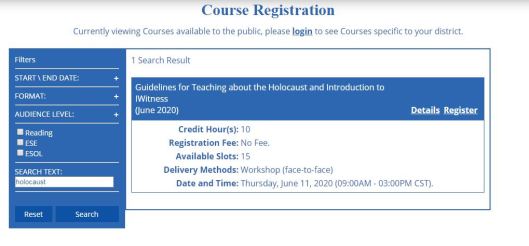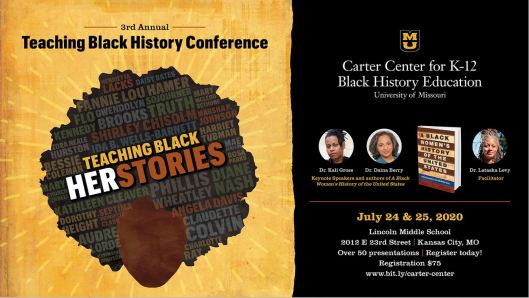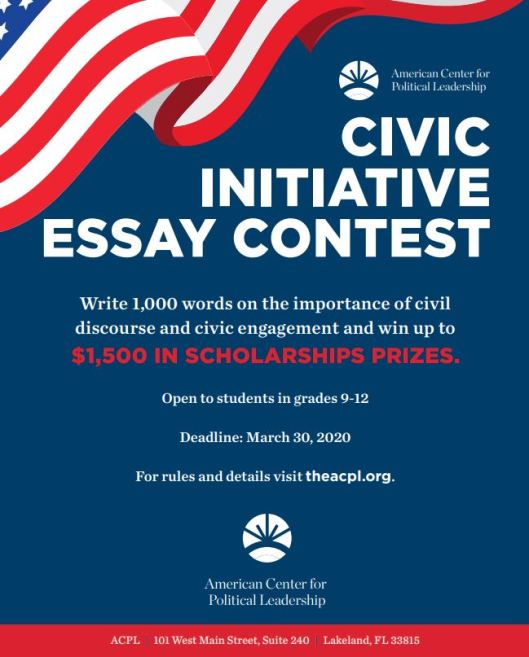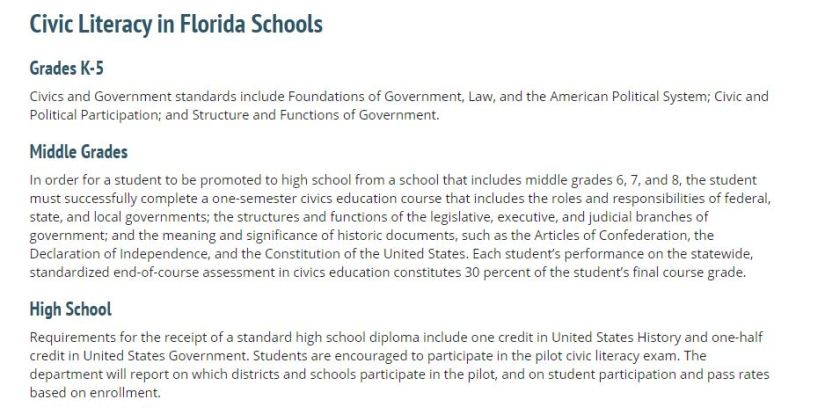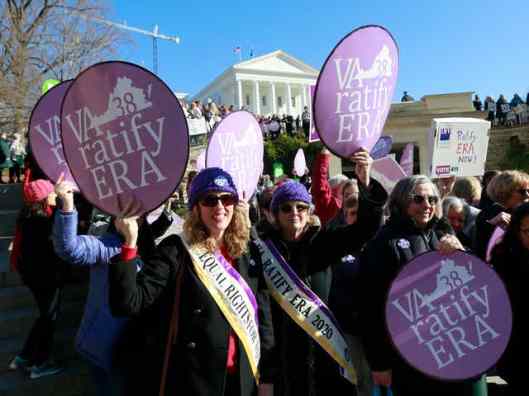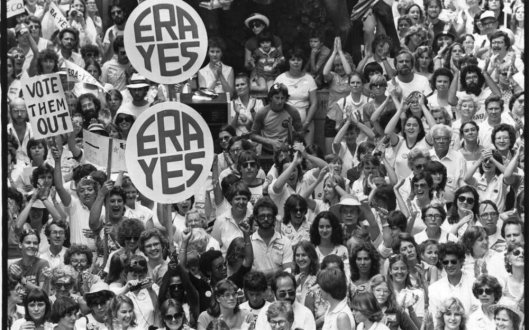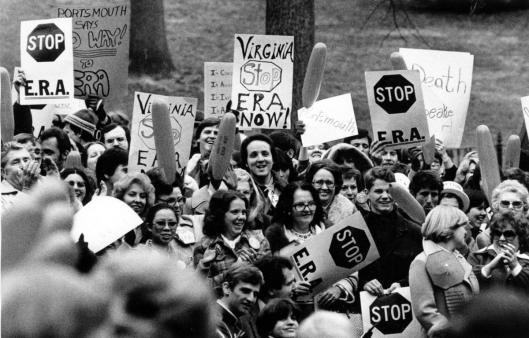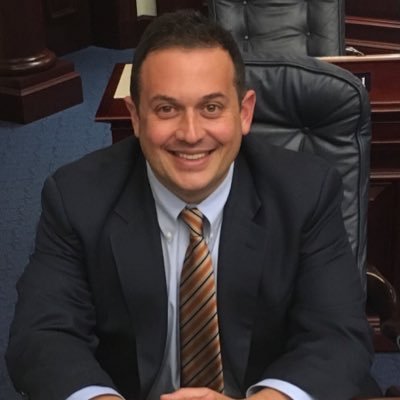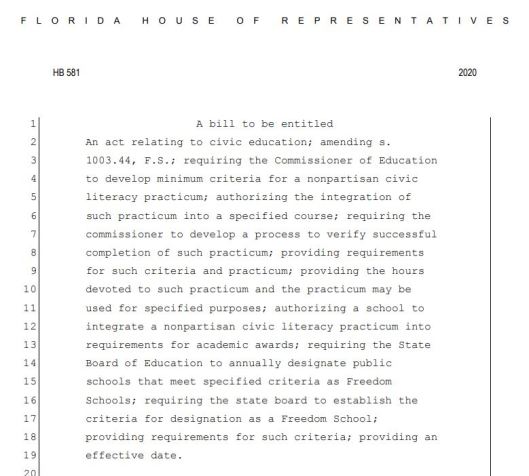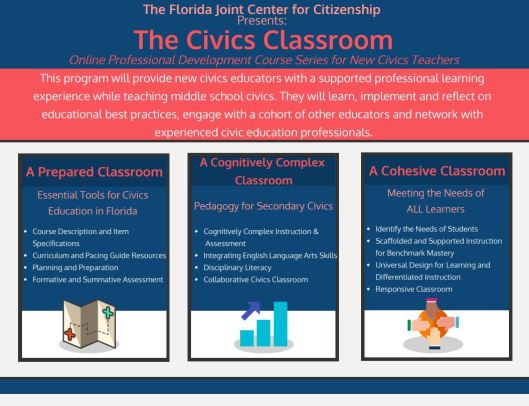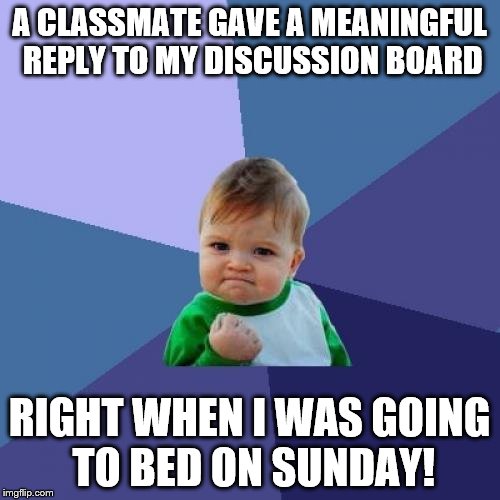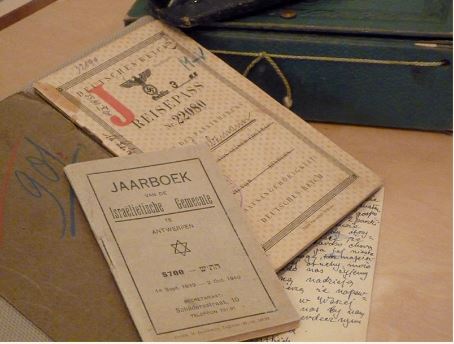
Hello friends! If you teach in Florida, you know that the state is pushing hard to improve Holocaust education in every district. As such, getting some quality professional development on this necessary and important topic might be something to consider. If you are in north Florida (or all over the state really), the Panhandle Area Education Consortium will be offering an excellent workshop this coming June 11th.
WHAT: Guidelines for Teaching About the Holocaust and Introduction to IWitness
WHEN: Thursday, June 11, 2020
TIME: 9:00 AM – 3:00 PM Central
WHERE: PAEC, Chipley
REGISTRATION DEADLINE: May 15, 2020
STIPEND: $100
A stipend of $100 is available for participation; however, participants will be required to submit Washington District Schools vendor paperwork by Friday, May 22, 2020. This will allow us time to process the paperwork and get purchase orders for stipends into place in a timely manner.
The workshop, presented by Kelsey Jagneaux, Museum Outreach Educator for The Florida Holocaust Museum, will be divided into two segments. Both segments are to ensure teachers have content knowledge and high-quality resources to effectively meet the Florida Holocaust Education Mandate in their classrooms.
Segment One – Guidelines for Teaching about the Holocaust and Using the FHMs Teaching Trunks in the Classroom for Middle and High School
An introductory session on best practices for teaching about the Holocaust at a middle and high school level followed by an in depth look at a few of The FHMs Teaching Trunks to supplement middle and high school Holocaust curriculum. In the session we will cover guidelines for teaching about the Holocaust, key events and themes that are necessary to establish historical context for continues study, and resources for teachers and students to aid in lesson building and research.
Segment Two – Introduction to IWitness: Teaching through Audiovisual Testimony of Local Holocaust Survivors
Workshop participants will learn how to use the IWitness educational platform in order to incorporate video testimony into their curriculum and help students enhance their listening, writing, speaking, and reading skills.
IMPORTANT:
Please bring a laptop or other device. Participants will receive a $100 stipend for successful participation. Participants outside Washington County will be required to complete Washington County Schools vendor information (W-9 and Vendor Application) and submit it to Brenda Crouch no later than May 22, 2020. This is important, because a purchase order must be submitted for each teacher who will receive a stipend.
Register at – http://my.paec.org/epdc
